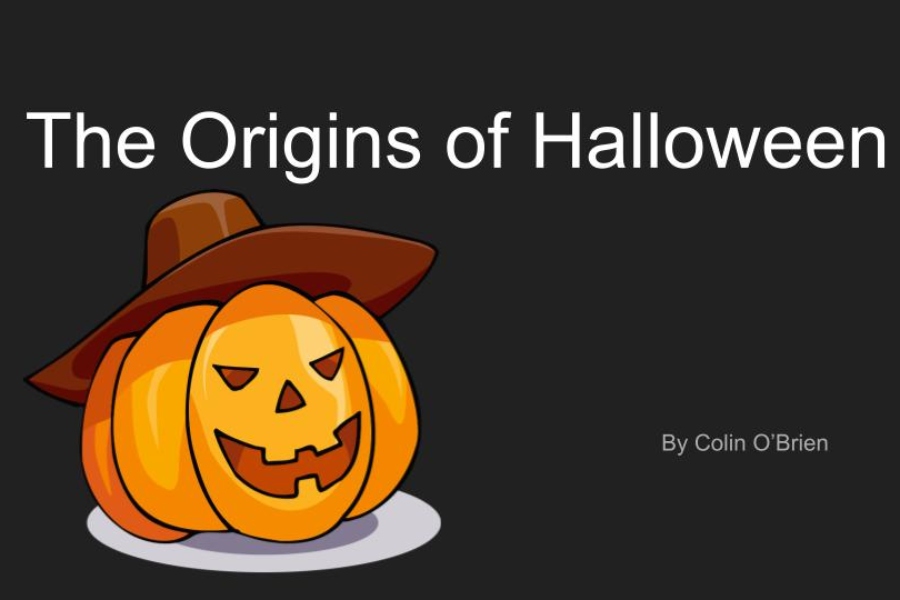Halloween: Origins of the beloved holiday
IMAGE / Colin O’Brien
Origins of Halloween
Halloween, celebrated on the October 31 every year, is the sixth most celebrated holiday in the world and is one of the most beloved days of the entire year.
For fans of horror and all things spooky, it is one of best days to celebrate the more macabre aspects of life.
The original holiday on October 31 is the Celtic festival of Samhain (SOW-in). This festival was meant to celebrate the end of the harvest season and prepare for the harsh winter ahead.
The Celts believed on this night the lines between the land of the living and dead are easier to cross, causing ghosts and the dead to cross into our world.
After the Romans conquered the Celts in 43 A.D., the holiday was changed to two holidays that combined Roman and Celtic traditions. Feralia was the first, a day in late October where the dead were typically celebrated.
The second day was a day to honor Pomona, the Roman goddess of the harvest.
Another important day around this time is All Saints Day, which is a Catholic holiday celebrated the day after Halloween that is dedicated to all martyrs and saints that died for the church.
The Catholic Church has it’s own version of Samhain called All Soul’s Day, which is observed on November 2.
Halloween came to America with the colonials, but the Halloween we know and love is a product of the customs of Native Americans and Colonial Europeans mixing.
The most widespread tradition, trick-or-treating, is an adaptation of an old European tradition.
Halloween is a long standing holiday, built on a variety of different cultures and customs that give us the spooky season we all know and love today.






